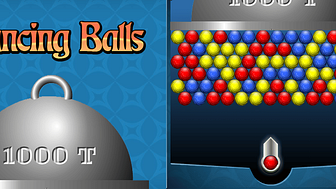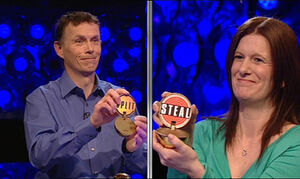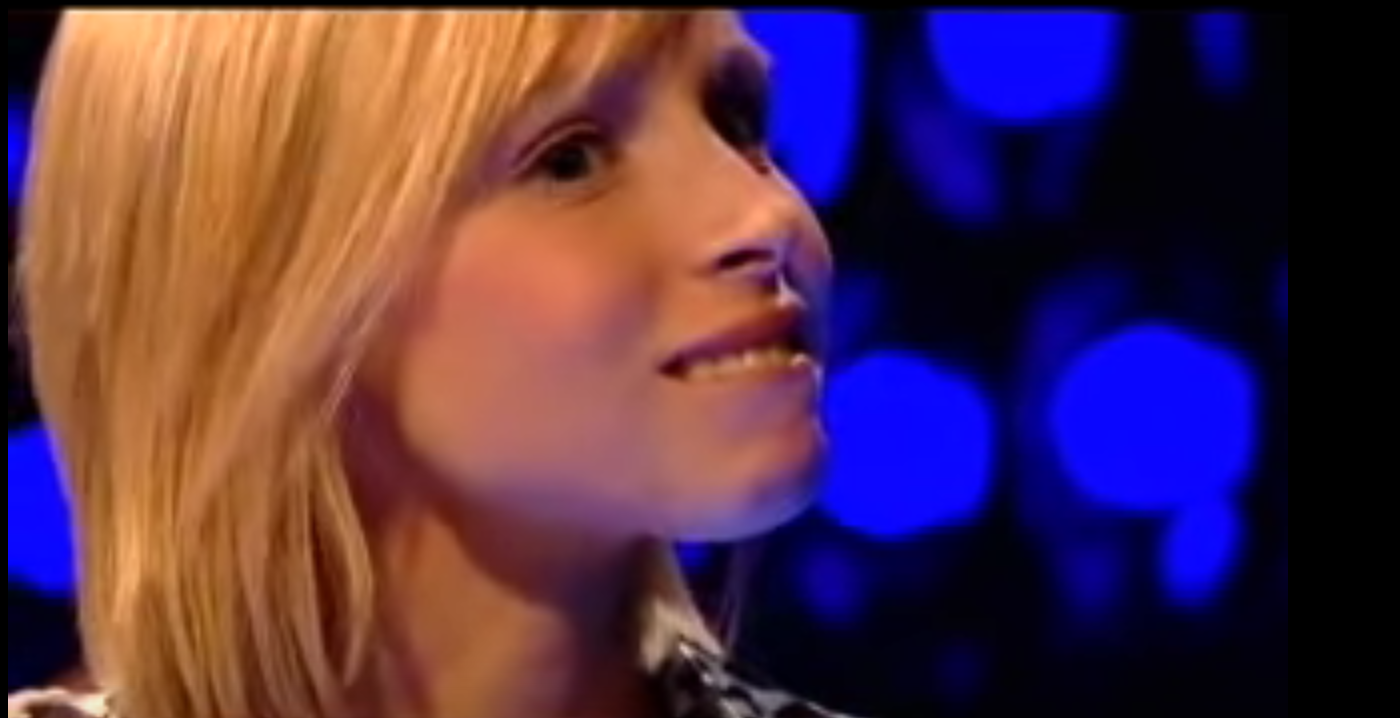Play Golden Balls Online
| Golden Balls | |
|---|---|
| File:Golden Balls.jpg | |
| Genre | Game show |
| Directed by | Julian Smith |
| Presented by | Jasper Carrott |
| Starring | Amanda Grant |
| Country of origin | United Kingdom |
| Original language(s) | English |
| No. of series | 6 |
| No. of episodes | 288 |
| Production | |
| Production location(s) | BBC Television Centre |
| Running time | 60 minutes (inc. adverts) |
| Production company(s) | Initial |
| Distributor | Endemol UK |
| Release | |
| Original network | ITV, STV, UTV |
| Picture format | 16:9 |
| Original release | 18 June 2007 – 18 December 2009 |
| Chronology | |
| Related shows | Shafted The Bank Job |
Best Dragon ball z 3d fighting Game Online Games. Play Dragon Ball Z, Dragon Ball Z Music, Dragon Ball Z Powers, Dragon Ballz Fierce Fighting 1.5. 100 Twin River Road, Lincoln, RI 02865. When you start to play Golden Balls Online Game Free For Kids casino for free, you may receive an unlimited range of games, various casino games. Sure to find dozens of games that you simply taste. You can play free casino games including casino games like these. Golden Balls Online Game Free For Kids. Two bets and a basic knowledge of craps rules! 100% up to $200 - Redeem it 5 times! T&C's apply Fair go Casino is a top online casino, custom made for Australian players and has awesome games and bonus offers. Enjoy the thrill of the Vegas reels on your screen.
Play Bouncing Balls game on Arcade Spot. Bouncing Balls is an online Math game you can play for free in high quality on Arcade Spot. A chain of numbered balls to get a sum of zero. Click on a numbered ball to get it in the chain and keep linking balls together until the sum of the chain is zero to create a Blue Zero.
Golden Balls is a British daytime game show presented by Jasper Carrott. It aired on the ITV network from 18 June 2007 to 18 December 2009. It was filmed at the BBC Television Centre. From 25 February 2008 to 13 February 2009, the show was sponsored by ITV Bingo (powered by Party Gaming) (STV Bingo in Scotland); from 2 November to 18 December 2009, the show was sponsored by Carpet Right; and from January 2013 to February 2013, whilst repeated on Challenge, the show was sponsored by Sky Bingo. Golden Balls Ltd licensed their name to Endemol for the game show and merchandise.

- 1Gameplay
Gameplay
Round 1
At the back of the studio is the 'Golden Bank', a giant contraption like a lottery machine. Inside it, are 100 golden balls, containing cash values, ranging from £10 to £75,000. Twelve of these balls are randomly drawn from the machine and four 'Killer' balls are added by Amanda Grant, the 'Balls' Assistant'. These sixteen balls are split equally and randomly among four contestants. Each contestant places two balls on their front row and two on his or her back row. The balls on the front row are visible to all contestants; the balls on the back row are visible only to their owner.

Each contestant in turn announces the contents of the balls on his back row. The contestant can either tell the truth or lie about the balls. After each contestant has done this, they will discuss who they think is lying, and try to establish who has the worst set of balls, either in terms of having the lowest amount of money or the most Killer balls.
The contestants then secretly vote for which of them they would like to leave the game. In the case of a tie, the contestants not involved in the tie must try to reach a consensus in open discussion. If this does not occur, who is eliminated is decided at random. This is decided by giving each contestant involved in the tie another golden ball, one being a Killer ball and the others empty. The contestant who had the Killer ball is eliminated. At the end of the round, the contestants reveal the contents of the balls on their back rows and the eliminated contestant's balls are 'binned', meaning they are out of the game forever.[1]
Round 2
The three remaining contestants' balls are put back into the ball machine, along with two more cash balls chosen at random from the Golden Bank and one more Killer ball, making fifteen balls in play. These fifteen balls are split among the remaining three contestants randomly and equally, with two balls on their front rows and three on their back rows.
As with Round 1, the contestants reveal the contents of the balls on their front rows and announce what is in the balls on their back rows, and may lie. The contestants then discuss the veracity of each other's claims, and vote a player off in the same fashion as in Round 1.
Bin or Win?
The two remaining contestants' balls are again put back into the ball machine and one more Killer ball is added, making eleven balls in play. The two contestants sit at a desk with the eleven balls between them. In turn, starting with the contestant who brought the most money into the final, the contestants pick a ball to 'bin' (eliminate from the game) and pick a ball to 'win' (add to the jackpot). If a Killer ball is picked to be won, then the cumulative value of the jackpot is divided by 10, unless said Killer ball is the first ball picked, in which case nothing happens to the jackpot (however, the maximum potential jackpot will reduce due to there being only four remaining slots for cash balls to go in). This process is repeated five times.
Split or Steal?

After five balls have been won, the contestants make one last decision to determine the final jackpot division. Each contestant chooses one of two final golden balls, one with 'Split' printed on the cash background inside it, and one with 'Steal' printed on the killer background inside it.
- If both contestants choose a Split ball, the jackpot is split equally between them and they both go home with half the money they've won.
- If one contestant chooses a Split ball and the other chooses a Steal ball, the Stealer goes home with all the money and the Splitter goes home empty-handed.
- If both contestants choose Steal balls, they both go home empty-handed.
The players have a chance to speak with each other face to face before making their choices.
The table below shows how much of the jackpot is gained by each contestant with the different combinations of choices:
| Result | Split | Steal | ||
| Split | 50% | 50% | 100% | 0% |
| Steal | 0% | 100% | 0% | 0% |
This is similar to the prisoner's dilemma, a well-studied problem in game theory. A key difference is that, in the standard Prisoner's Dilemma payoffs, if the one player defects (or steals), the other player is better off defecting than cooperating (splitting), but in Golden Balls, if the one player steals, the other player gets the same amount (nothing) either way. The catch is that all three results in the matrix where at least one person steals are Nash equilibria, and stealing is a weakly dominant strategy; this means that, as long as someone is planning on stealing, neither player has anything to gain by changing what they're doing, but if both players are planning on splitting, the players have an incentive to steal for a better pay-off, and so both players splitting is an unstable strategy.
The 'Split or Steal?' game element was also used on Shafted, a previous Endemol production, and on the U.S. game show Friend or Foe?.
Transmissions
| Series | Start date | End date | Episodes | Recorded |
|---|---|---|---|---|
| 1 | 18 June 2007 | 10 August 2007 | 40 | March 2007 - April 2007 |
| 2 | 2 January 2008 | 21 March 2008 | 58 | 18 September 2007 - 16 November 2007 |
| 3 | 21 April 2008 | 4 July 2008 | 51 | 11 March 2008 - 2 May 2008 |
| 4 | 27 October 2008 | 13 February 2009 | 65 | 27 August 2008 - 17 September 2008 |
| 5 | 27 April 2009 | 4 September 2009 | 40 | 27 October 2008 - 12 December 2008 |
| 6 | 2 November 2009 | 18 December 2009 | 34 | 16 February 2009 - 24 April 2009 |
Scientific research
Golden Balls has attracted attention from social scientists as a natural experiment on cooperation. A team of economists including Richard Thaler have analyzed the decisions of the final contestants and found, among other things, the following:
Play Golden Balls online, free
- Individual players on average choose 'split' 53 percent of the time.
- Contestants' propensity to cooperate is surprisingly high for amounts that would normally be considered consequential but look tiny in their current context, what the authors label a “big peanuts” phenomenon.
- Contestants are less likely to cooperate if their opponent has tried to vote them off the show in the first two rounds of the game, which is in line with the notion that people have an intrinsic preference for reciprocity.
- There is little evidence that contestants’ propensity to cooperate depends positively on the likelihood that their opponent will cooperate (i.e., they find little evidence for conditional cooperation).
- Young males are less cooperative than young females, but this gender effect reverses for older contestants since men become increasingly more cooperative as their age increases.[2]
Viewer's competition
For series 3, a viewer's game was introduced. Four golden balls appear on the screen at the first two commercial breaks. One contains £3,000, the other three are Killer balls. They are shuffled and the viewer has to find the cash ball.
From series 4 until the end of its run, there were multiple formats for the viewer's competition, including the one used in series 3. In addition, the prize per day ranged from £2,000 to £4,000.
Reception

The first show opened with 1.6 million viewers. Viewership climbed to a steady 2 million viewers. In the same 17:00 timeslot, eight of the first eleven episodes beat Channel 4's Richard & Judy, and The Weakest Link on BBC Two also took a dent from the show's success. Series 2 went on to average 2.1 million viewers in early 2008. As of summer 2009, the show's popularity fell; it attracted only around 1.2 million viewers, which led to the show's termination on 18 December 2009. It is still regularly shown throughout the week on Challenge in the UK and Republic of Ireland although usually during off-peak times. It is now also showing on ITV again but usually after midnight.[1][3]
British psychologistAdrian Raine has criticised the show, arguing that it 'encourages deceitfulness', and that many of its contestants are celebrated for displaying 'characteristics of psychopathy'.[4]
Home versions

A video game was released on the Nintendo DS and Wii platforms, and another version for mobile devices was released in 2007. In 2008, an interactive DVD game was released by Channel 4. Other versions include an electronic board game in 2007 and a card game in 2008.[5][6][7]
References
- ↑ 1.01.1'Golden Balls - UKGameshows', ukgameshows.com.
- ↑Van den Assem, Van Dolder, and Thaler (January 2012). 'Split or Steal? cooperative behavior when the stakes are large'. Management Science. 58 (1). doi:10.1287/mnsc.1110.1413.CS1 maint: multiple names: authors list (link)<templatestyles src='Module:Citation/CS1/styles.css'></templatestyles>
- ↑Brook, Stephen (3 July 2007). 'ITV strikes teatime gold'. London: mediaguardian.co.uk. Retrieved 28 July 2007.<templatestyles src='Module:Citation/CS1/styles.css'></templatestyles>
- ↑Raine, Adrian. '21st Century Television's Faltering Moral Compass'. The Economist. 8 April 2009.
- ↑'Golden Balls [Interactive Game] [DVD]'. Retrieved 21 February 2014.<templatestyles src='Module:Citation/CS1/styles.css'></templatestyles>
- ↑'Golden Balls Electronic Game'. Retrieved 21 February 2014.<templatestyles src='Module:Citation/CS1/styles.css'></templatestyles>
- ↑'Golden Balls Card Game'. Retrieved 21 February 2014.<templatestyles src='Module:Citation/CS1/styles.css'></templatestyles>
Play Golden Balls Online Game
External links
Golden Balls Game Play Online
- Golden Balls on IMDb .
- Golden Balls Official Endemol UK Site.
- Scientific paper on Golden Balls at SSRN.com.
- Golden Balls at crashthatch.com.
- Golden Balls Mobile Game Official Gameloft UK Site.
- 'Golden Balls Game Online' - Review of where to play Golden Balls Online.